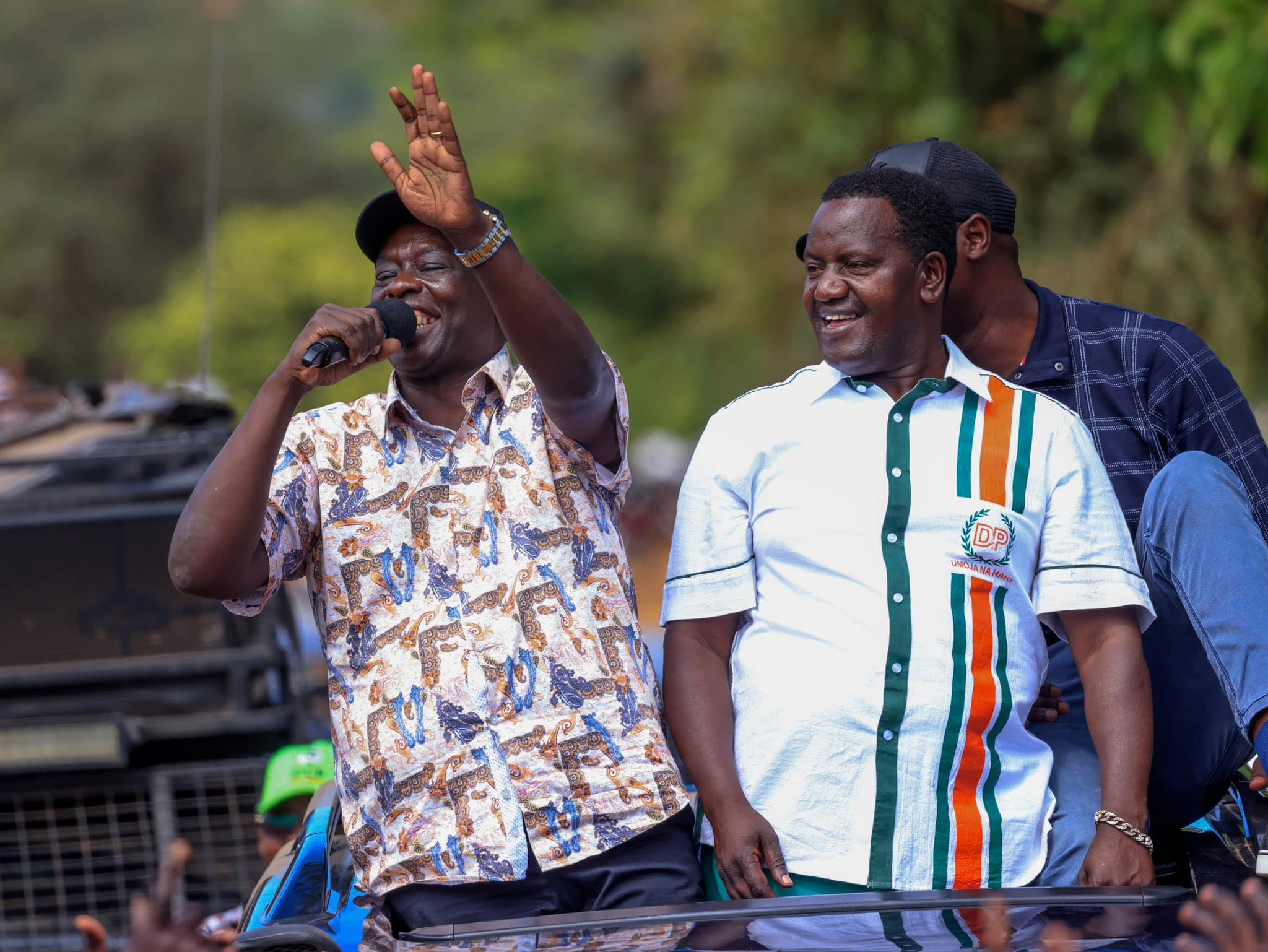We're loading the full news article for you. This includes the article content, images, author information, and related articles.
High-stakes by-election becomes a battleground for national political figures, overshadowing urgent local issues like water scarcity, poor roads, and healthcare.

A high-stakes parliamentary by-election in Mbeere North, Embu County, has morphed into a national political battleground, sidelining the constituency's urgent socio-economic problems. The contest, slated for Thursday, November 27, 2025, pits Deputy President Kithure Kindiki against his predecessor, former Deputy President Rigathi Gachagua, in a fierce proxy war for political dominance in the Mount Kenya region.
The seat fell vacant after President William Ruto appointed the sitting Member of Parliament, Geoffrey Ruku, as the Cabinet Secretary for Public Service, Human Capital Development and Special Programmes in April 2025. This has triggered a heated campaign that analysts say is a crucial political test for both President Ruto's ruling United Democratic Alliance (UDA) and the newly formed opposition coalition.
Deputy President Kindiki is leading the campaign for the UDA candidate, Leonard Wamuthende, while Gachagua is vehemently backing the Democratic Party (DP) candidate, Newton Karish. Both national leaders have vowed to camp in the semi-arid constituency until the election is concluded, deploying significant resources and political capital. This has transformed the local election into a referendum on their respective influence in the vote-rich region following Gachagua's impeachment in October of the previous year.
Amidst the political showdown, the government has dangled a series of development projects to woo voters. Deputy President Kindiki has highlighted billions of shillings allocated for infrastructure, including the tarmacking of the Siakago–Kanyuambora and Gikuyari–Ishiara roads. He has also pointed to major water projects, such as the Sh250 million Kanyuambora Ward Water Project and a Sh1.3 billion initiative tapping into the Kiambere Dam, as evidence of the government's commitment. Furthermore, an allocation of Sh336 million for last-mile electricity connectivity has been promised, with pledges for it to increase to Sh600 million.
However, residents and local leaders argue that these high-level political battles are eclipsing the deep-seated challenges that affect their daily lives. A 2024 study highlighted that Mbeere North faces significant socio-economic hurdles, including inadequate infrastructure, limited access to quality healthcare and education, and a heavy reliance on subsistence farming, which is vulnerable to climate change. The study, published in the Journal of Public Policy & Governance, found that average monthly household incomes were as low as KES 15,000. Residents have explicitly mentioned poor roads, lack of clean water, and frequent power blackouts as their primary concerns.
Mbeere North has historically experienced marginalisation, a fact acknowledged by leaders from the ruling coalition. The political dynamics are further complicated by long-standing clan rivalries within the Mbeere community, which have historically influenced voting patterns. The current by-election has reignited these tensions, with political camps aligning along these traditional lines.
The campaign has been fraught with accusations of intimidation, violence, and attempts to buy votes. Former Deputy President Gachagua has accused the state of using money and security forces to tilt the election in favour of the UDA candidate, while the UDA camp has accused Gachagua's allies of plotting to disrupt rallies. These tensions have led to an increased security presence in the constituency.
The main contenders are UDA's Leonard Wamuthende and DP's Newton Karish. A recent poll by Mizani Africa conducted between November 17 and 19 showed an extremely tight race, with Wamuthende at 44.6% and Karish at 42.4%, a difference that falls within the survey's margin of error. The poll indicates a two-horse race, with UDA being the most popular party at 38.9%.
As the election on Thursday, November 27, 2025, approaches, the focus of national political figures remains fixed on supremacy. For the residents of Mbeere North, the critical question is whether the eventual winner will prioritize their pressing needs over the political debts owed to their powerful backers. The outcome will not only determine the constituency's representation but also serve as a significant indicator of the political landscape in the Mt. Kenya region ahead of the 2027 general elections.
Keep the conversation in one place—threads here stay linked to the story and in the forums.
Sign in to start a discussion
Start a conversation about this story and keep it linked here.
Other hot threads
E-sports and Gaming Community in Kenya
Active 9 months ago
The Role of Technology in Modern Agriculture (AgriTech)
Active 9 months ago
Popular Recreational Activities Across Counties
Active 9 months ago
Investing in Youth Sports Development Programs
Active 9 months ago
Key figures and persons of interest featured in this article